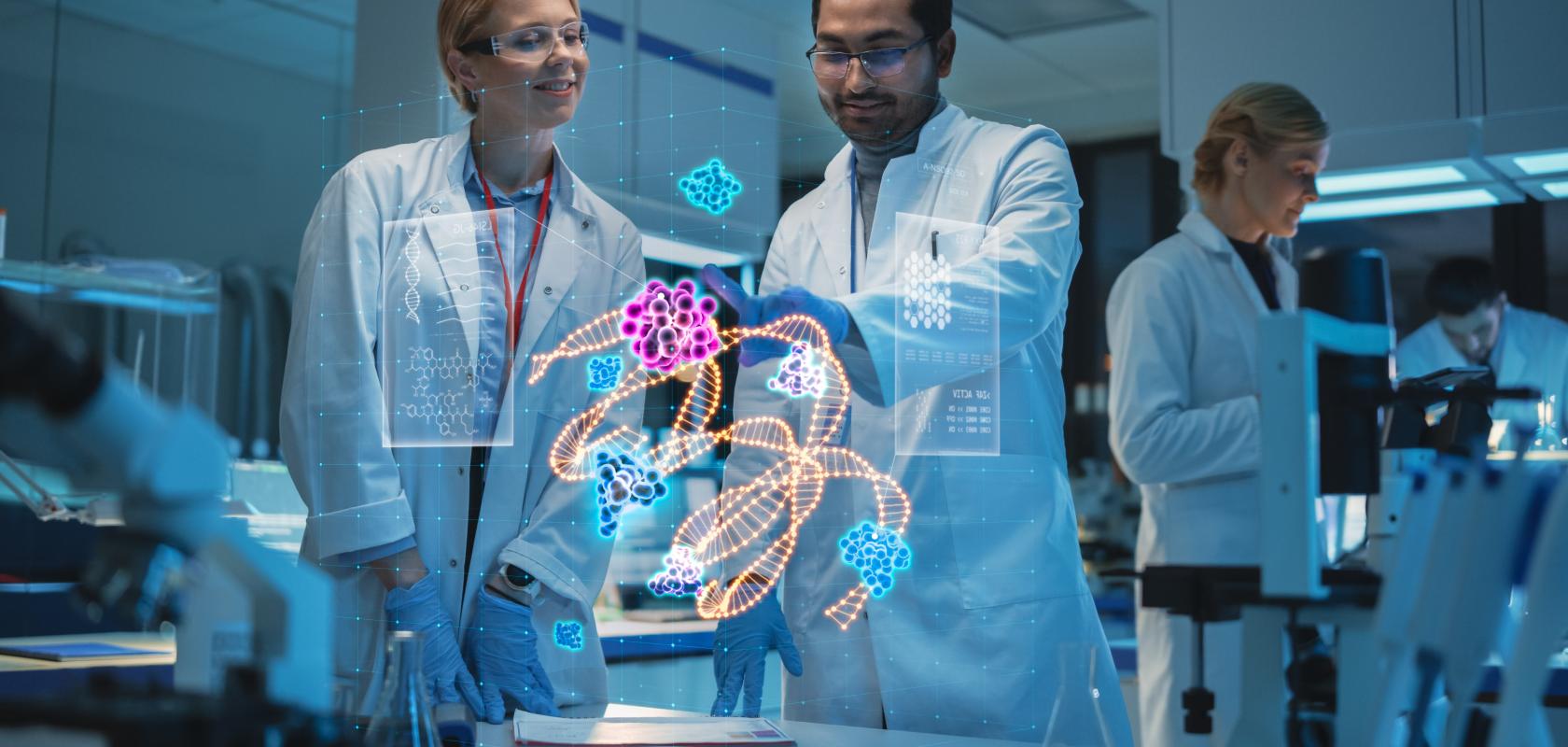Can you tell me about yourself and your experience in pharmaceutical manufacturing?
I am the co-founder of Aizon. My partners and I created the company eight years ago in Silicon Valley. We work precisely with just one aim. Improve pharmaceutical industry processes using modern technologies, including big data and AI capabilities. We want to enable scientists to be sure that every single drug is delivered at the right time, for the right patient.
In the pharmaceutical industry, there are a lot of inefficiencies. And the reason is that there is not an urgency to change. The pharmaceutical industry earns a lot of money every year, so there is not any kind of urgency to change the existing process. But the pharmaceutical industry, believe me, is very inefficient. Ultimately, these inefficiencies are passed along with the price of the drugs. The final users, in this case, patients, are paying for these inefficiencies.
Eight years ago, we created Aizon to change this mindset, increase knowledge, and optimise processes in pharmaceutical manufacturing to ensure that every batch created is the best. We knew that we could only do that using AI.
Is the Pharmaceutical industry slow to adopt change?
I wrote an article one year ago where my colleagues and I described and calculated the gap between the pharmaceutical industry adopting innovation in regards to other industries. The result of this paper was that the pharmaceutical industry, on average, is 11 years behind the other industries when adopting innovation. Sometimes you might see the pharmaceutical industry pointing to the regulator as the root cause of a lack of innovation. The shocking result was that regulators are faster than the industry to adopt innovation.
We're spreading the word. We are trying to teach people at conferences, publishing articles and so on in order to democratise access to this knowledge. Nevertheless, I would like to highlight something that probably it's important, in comparison with the other industrial revolutions; the difference with this one is society is driving this new change.
Society is pushing the industry to innovate. In the previous industrial revolutions, it was the industry that was driving innovation. Society adopted innovations that were introduced by the industry. But in the case of this fourth industrial revolution, it is society that is using 5G, it is society that is using AI everywhere. Starting with the beginning with the smartphone, today we are using augmented reality, virtual reality, big data, and cloud technologies. Every day society is using and emphasising the need for these technologies. And I firmly believe that industry, in this case, the pharma industry, will adopt AI because society is driving that adoption.
How is compliance changing over time?
In March, the US Federal Drug Administration (FDA), proposed a draft to implement AI in drug manufacturing. They aim to evaluate the technology and to try and introduce it in a very regulated way. The FDA is moving ahead to promote a technology that the pharma industry is still considering.
This is just one example, but I can give you another. Two years ago, the FDA published the guidelines to implement AI in medical devices, not in manufacturing, but in medical devices. And they were considering a lot of different topics. The FDA is pushing in this direction, to use AI to have more knowledge, more knowledgeable actions, and improve scientific research and manufacturing.
The United Nations has different workshops to teach the pharmaceutical industry how to use AI in the right way, using good practices. The regulatory bodies are ready to help. The problem is that they can only do something if the pharmaceutical industry adopts the technology in an industrial context.
The regulatory bodies are ready, the administration is ready, and the compliance is ready. The problem is that the industry doesn't want to move forward.
Toni Manzano is the co-founder and Chief Scientific Officer at Aizon. The company has designed a cloud platform that provides simple solutions for analysing and improving industrial processes in Biotech and Pharma manufacturing.


